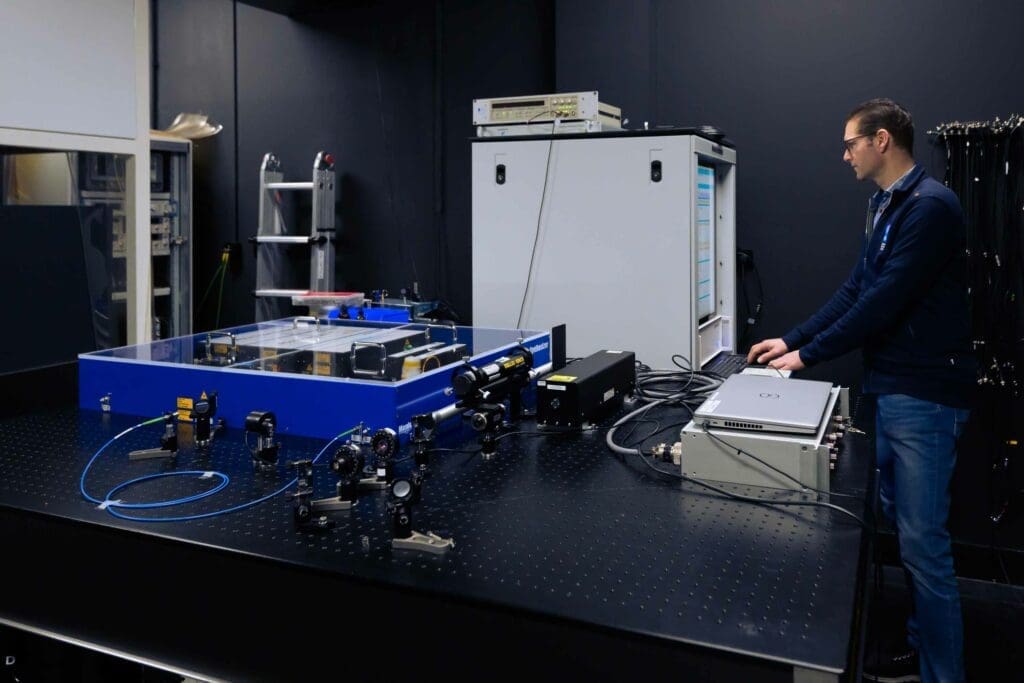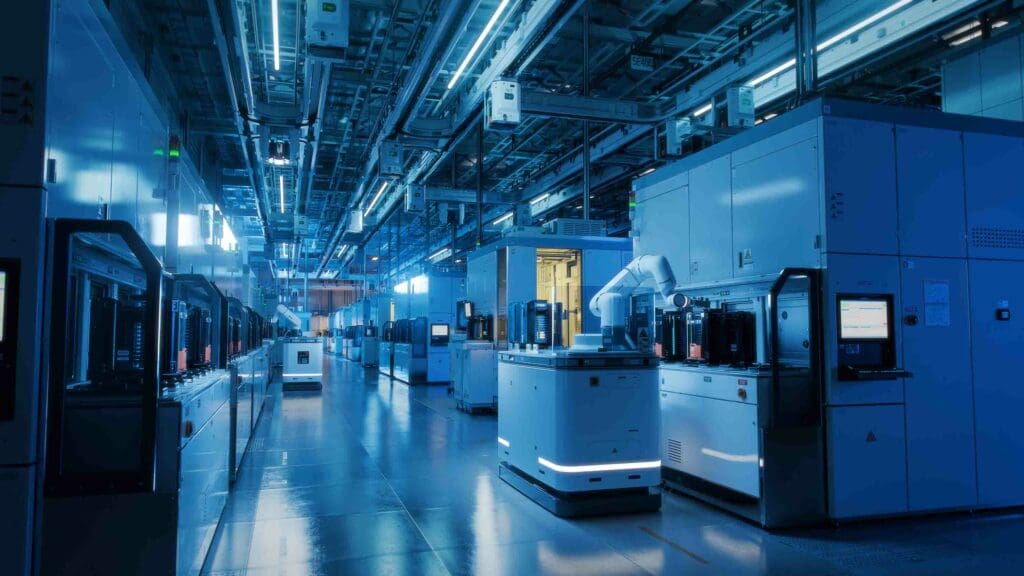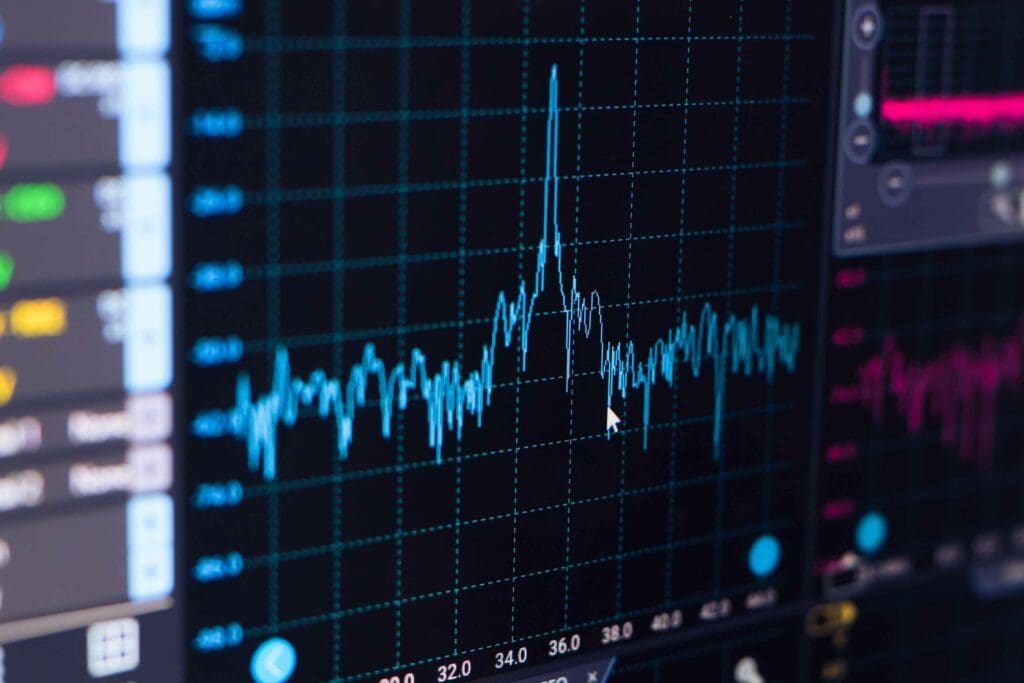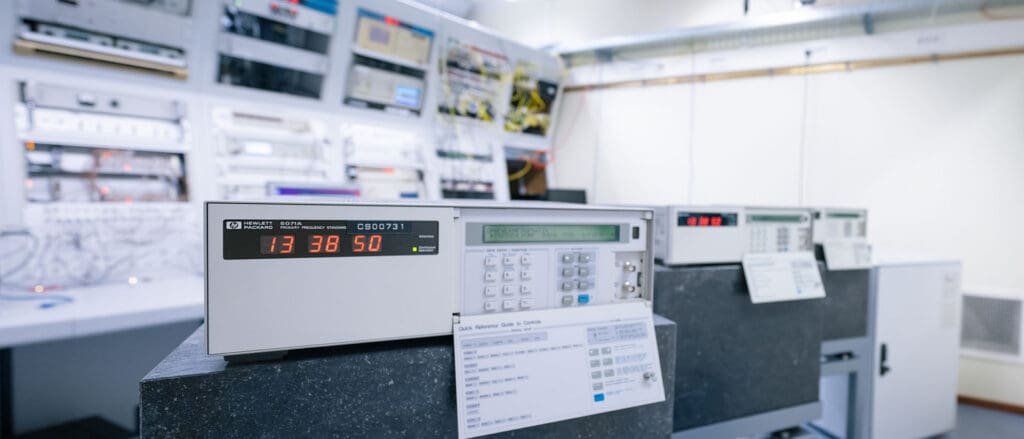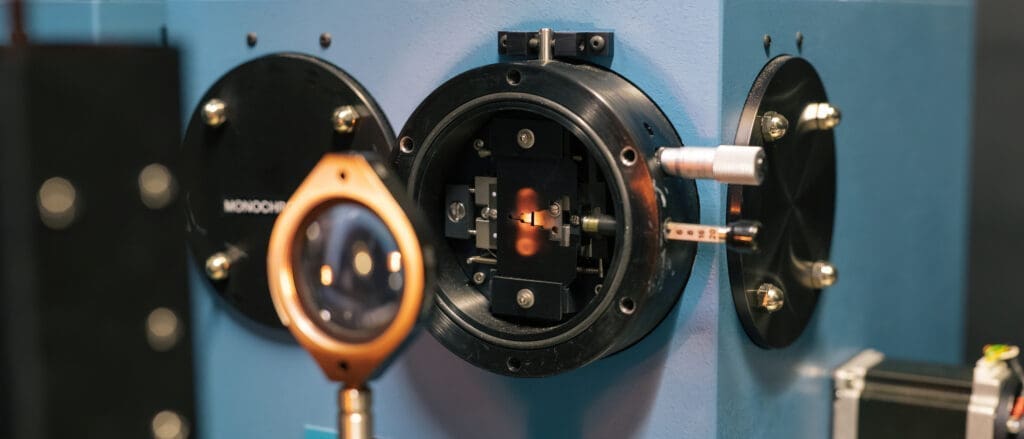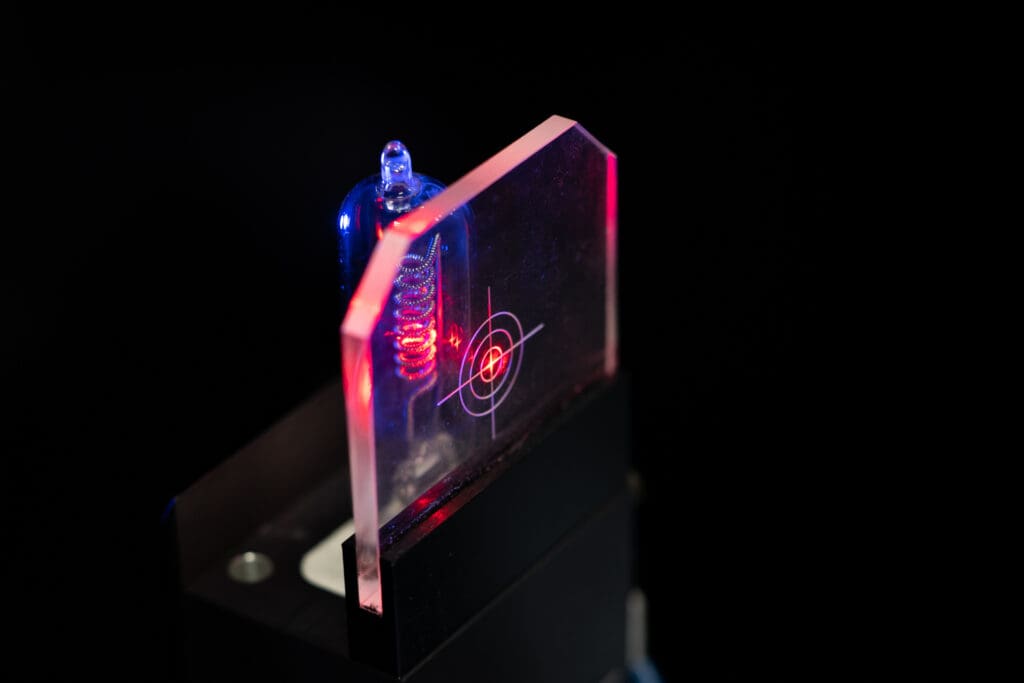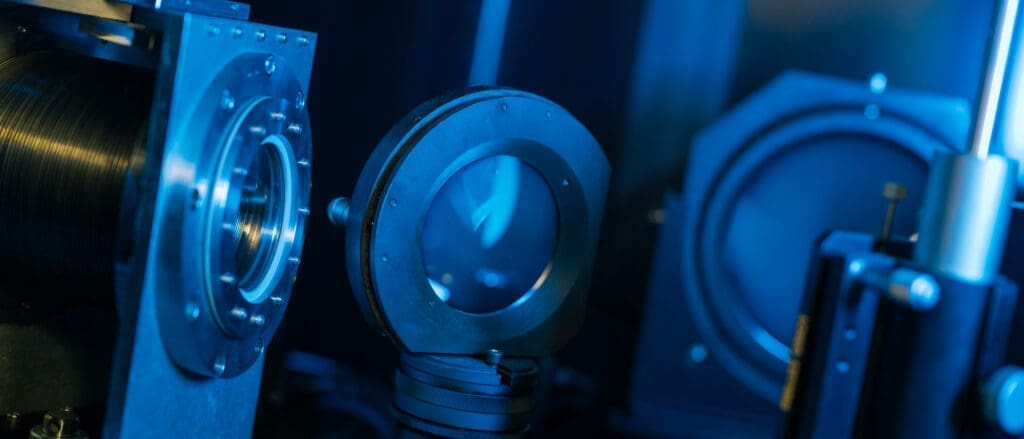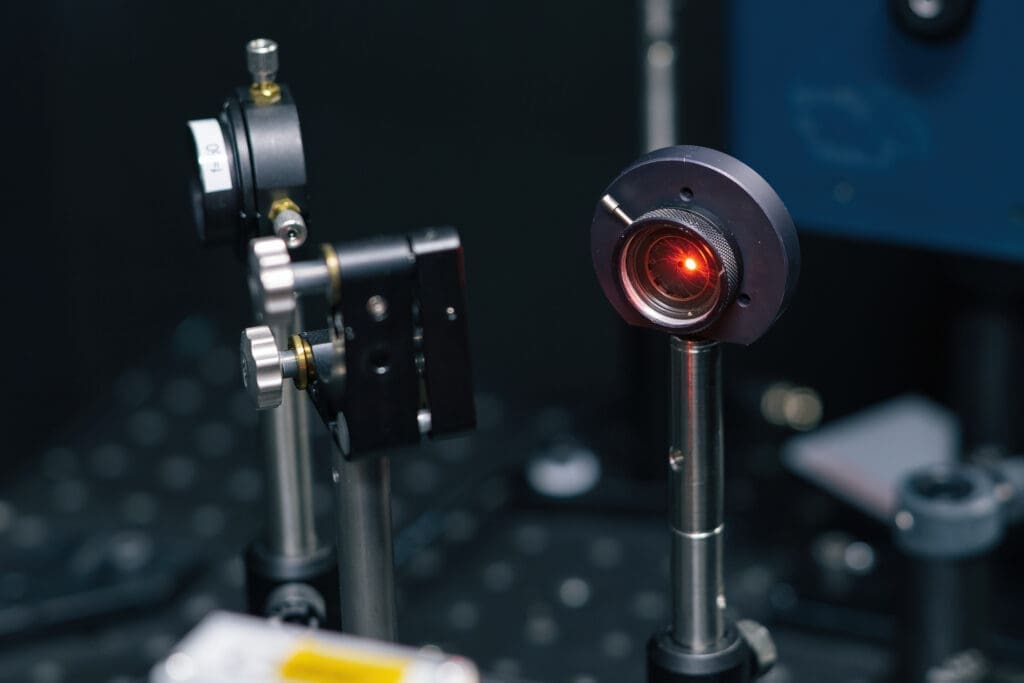Protocol voor SI-traceerbare validatie van methoden voor conformiteitsbeoordeling van biomethaan (BiometCAP)
Projects
Protocol voor SI-traceerbare validatie van methoden voor conformiteitsbeoordeling van biomethaan (BiometCAP)
De algemene EU-doelstelling voor het verbruik van hernieuwbare energiebronnen tegen 2030 is verhoogd tot 32 % in de RED II-richtlijn. De conformiteitsbeoordeling van biomethaan vereist verdere standaardisatie om de toekomst van groene energie in Europa te ondersteunen. De algemene doelstelling van dit project is de ontwikkeling van standaardisatie te ondersteunen en de traceerbaarheid, betrouwbaarheid en karakterisering te bieden die nodig zijn voor de conformiteitsbeoordeling van biomethaan.
Dit project zal zorgen voor toegankelijke traceerbaarheid voor de gemeenschap van belanghebbenden door efficiënte en kosteneffectieve methoden te ontwikkelen voor het opstellen van traceerbare gasoverdrachtsnormen voor de prestatie-evaluatie van biomethaanmonitoringsystemen. Aan de hand hiervan zal een robuust prestatiebeoordelingsprotocol worden ontwikkeld en gevalideerd om analytische systemen (bijv. gasanalysatoren) te benchmarken en te karakteriseren. De resultaten, inclusief proeftoepassingen, zullen rechtstreeks worden ingevoerd in de ontwikkeling van standaardisatie. Dit project zal de kloof overbruggen tussen eerder ontwikkelde primaire standaarden en de behoefte van de industrie aan toegankelijke, traceerbare prestatie-evaluatie aan de hand van een gevalideerd protocol.
VSL leidt het werkpakket voor het creëren van impact, dat verspreidings- en communicatieactiviteiten omvat, evenals de exploitatie en acceptatie van de projectoutputs. In het technische werkpakket 1 zal VSL gravimetrisch en dynamisch gasoverdrachtsstandaarden voorbereiden en valideren om te gebruiken voor de prestatie-evaluatie van analytische systemen en zal het de dynamische voorbereidingsfaciliteit optimaliseren. In werkpakket 2 zal VSL samen met andere partners werken aan de ontwikkeling van een uitgebreid protocol voor de validatie en prestatie-evaluatie van de analytische instrumenten en methoden die worden gebruikt bij de conformiteitsbeoordeling van biomethaan. VSL zal ook werken aan de validatie van de geschiktheid van het protocol door de toepasbaarheid aan te tonen voor de analyse van een aantal parameters.
Start datum: 1 October 2022
Eind datum: 30 September 2025
Links:
https://www.euramet.org/research-innovation/search-research-projects/details/project/protocol-for-si-traceable-validation-of-methods-for-biomethane-conformity-assessment
https://www.npl.co.uk/biometcap

Would you like to know more about this project?
Our experts are happy to help.
Jianrong Li
Projects
Our expertise in practice
Read more about our projects
